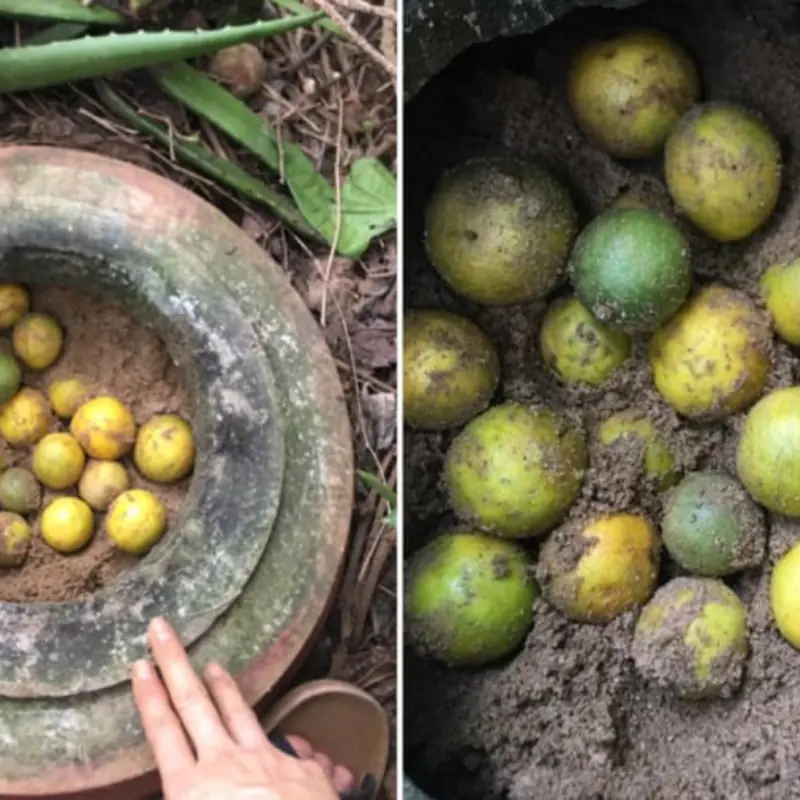
Not all foods should be stored in the refrigerator, especially tomatoes
Reasons Why You Should Not Store Tomatoes in the Refrigerator
One common piece of advice from nutrition experts is to avoid storing tomatoes in the refrigerator.
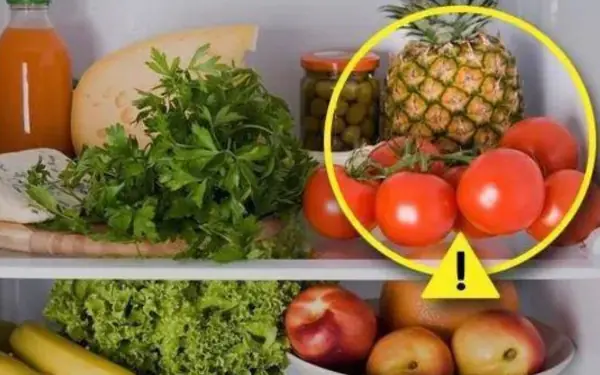
Tomatoes are a staple in daily meals, rich in nutrients, vitamins, minerals, and antioxidants. However, improper storage can reduce their quality.
1. Loss of Flavor and Texture
One primary reason not to refrigerate tomatoes is that low temperatures can negatively affect their flavor and texture. According to a study published in the Journal of Agricultural and Food Chemistry, storing tomatoes in the refrigerator can cause them to lose freshness and flavor due to the slowed oxidation process at low temperatures. Cold temperatures reduce the activity of enzymes responsible for developing the natural taste of tomatoes, making them bland and less sweet.
Additionally, refrigeration can alter the texture of tomatoes. The cold damages their cell structure, making them soft, mushy, and more prone to rotting. Refrigerated tomatoes often develop thicker skins and wrinkled surfaces, leading to spoilage once removed from the fridge.
2. Reduction of Nutritional Value
Cold temperatures can also reduce the lycopene content in tomatoes. Lycopene is a powerful antioxidant that protects cells and lowers the risk of chronic diseases. However, storing tomatoes in the fridge can degrade this compound, diminishing their nutritional benefits.
3. Proper Storage for Maximum Freshness
Instead of refrigerating, tomatoes should be stored at room temperature in a dry, well-ventilated place, away from direct sunlight. This helps maintain their natural flavor and preserve their nutritional value for a longer time.
Although refrigeration may extend the shelf life of tomatoes, it negatively impacts their taste and nutrient content. To enjoy the best flavor and health benefits, it is best to store tomatoes at room temperature and avoid exposing them to cold temperatures.
News in the same category

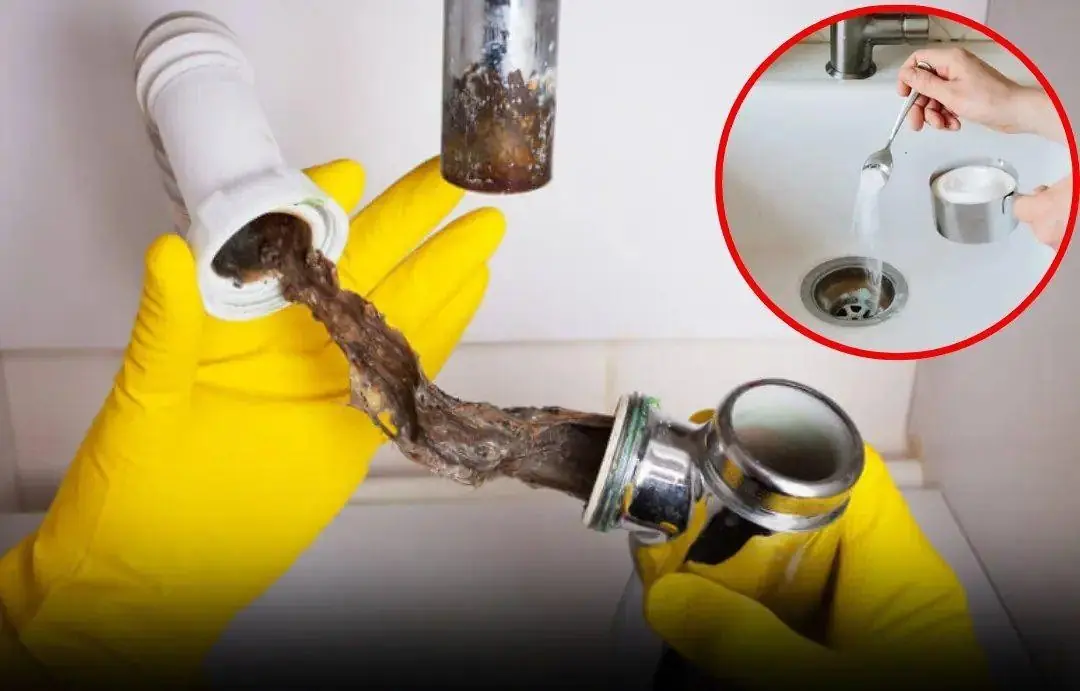
Simple tips to deal with clogged pipes at home
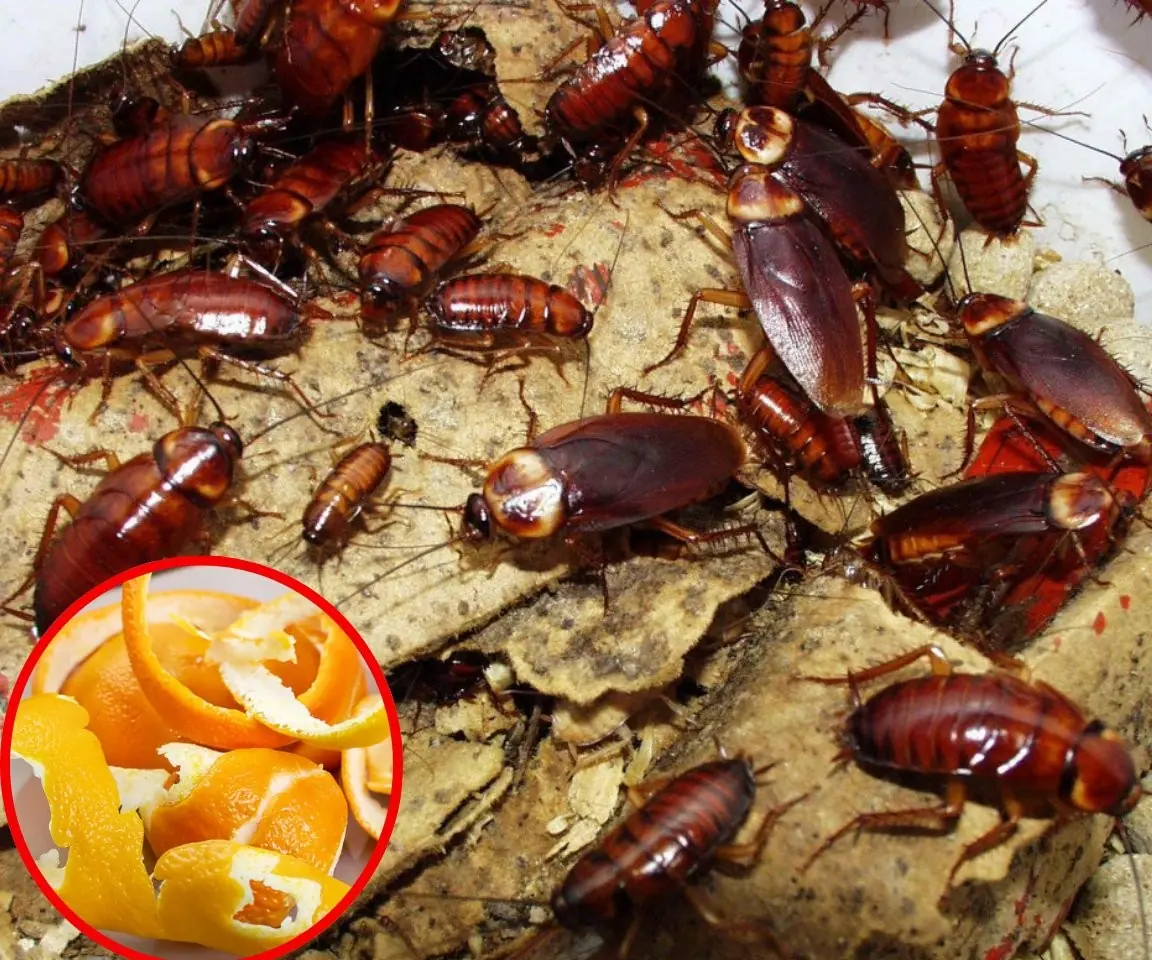
To get rid of cockroaches, you can use several natural ingredients commonly found at home.

Sprinkle One Spoonful of This When Frying Fish: Perfect Golden Crisp, Even Cooking, and No More Sticking to the Pan
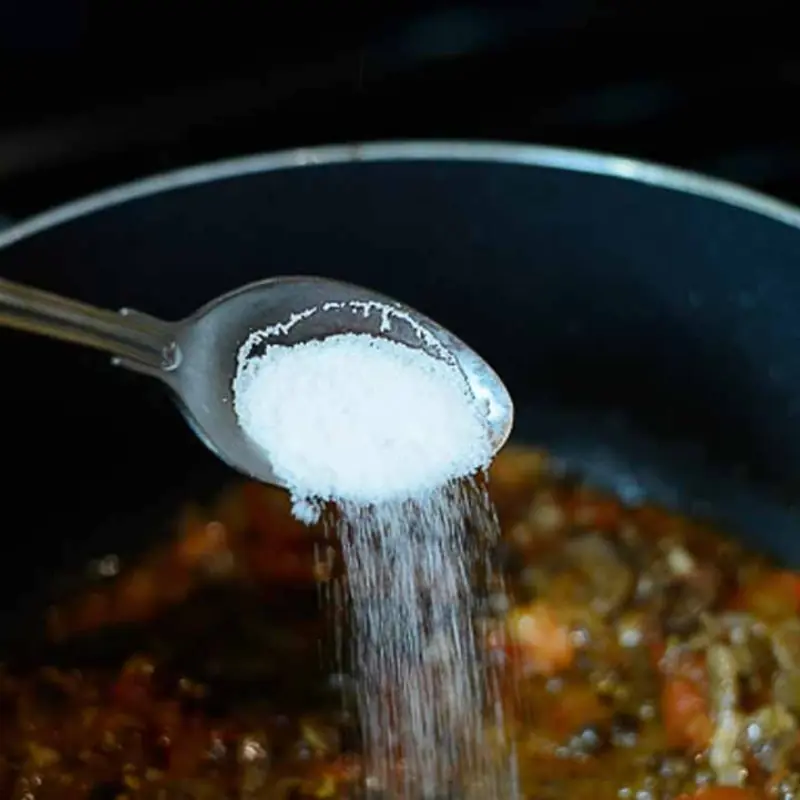
Added Too Much Salt While Cooking? Don’t Add Water — Use This Ingredient to Balance the Flavor

A little-known secret to keeping ginger fresh and delicious
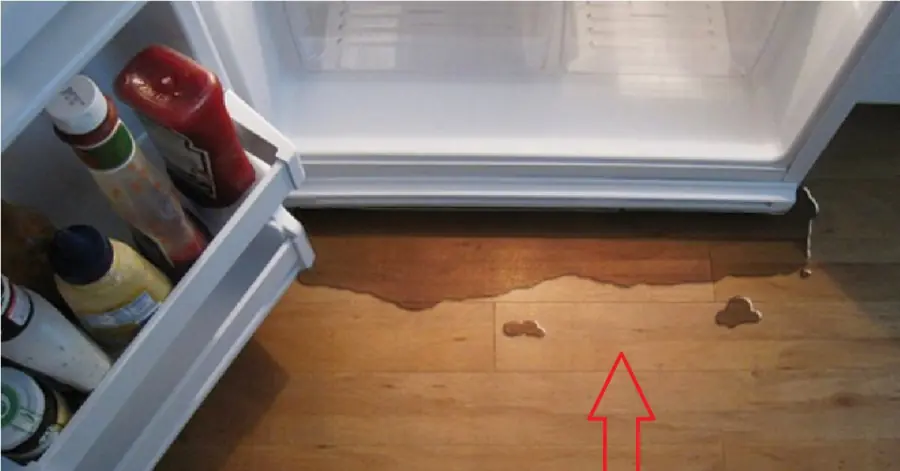
How to fix a leaking refrigerator: Simple solutions and tips to extend its lifespan
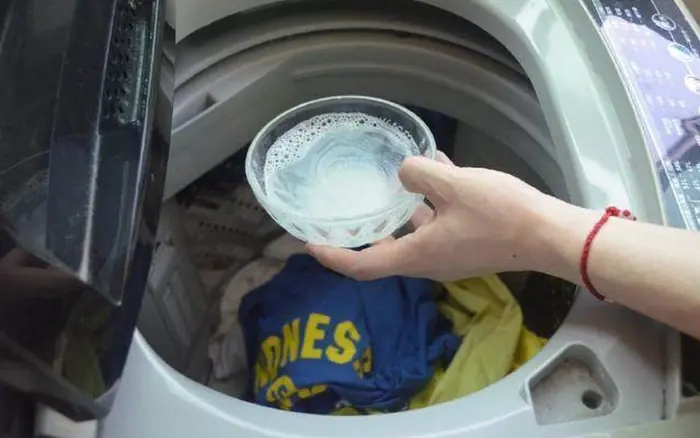
When washing clothes, don't just put in detergent. Let me teach you a little trick

Oranges Are in Season, but Doctors Warn: Never Eat Oranges With These Three Types of Foods
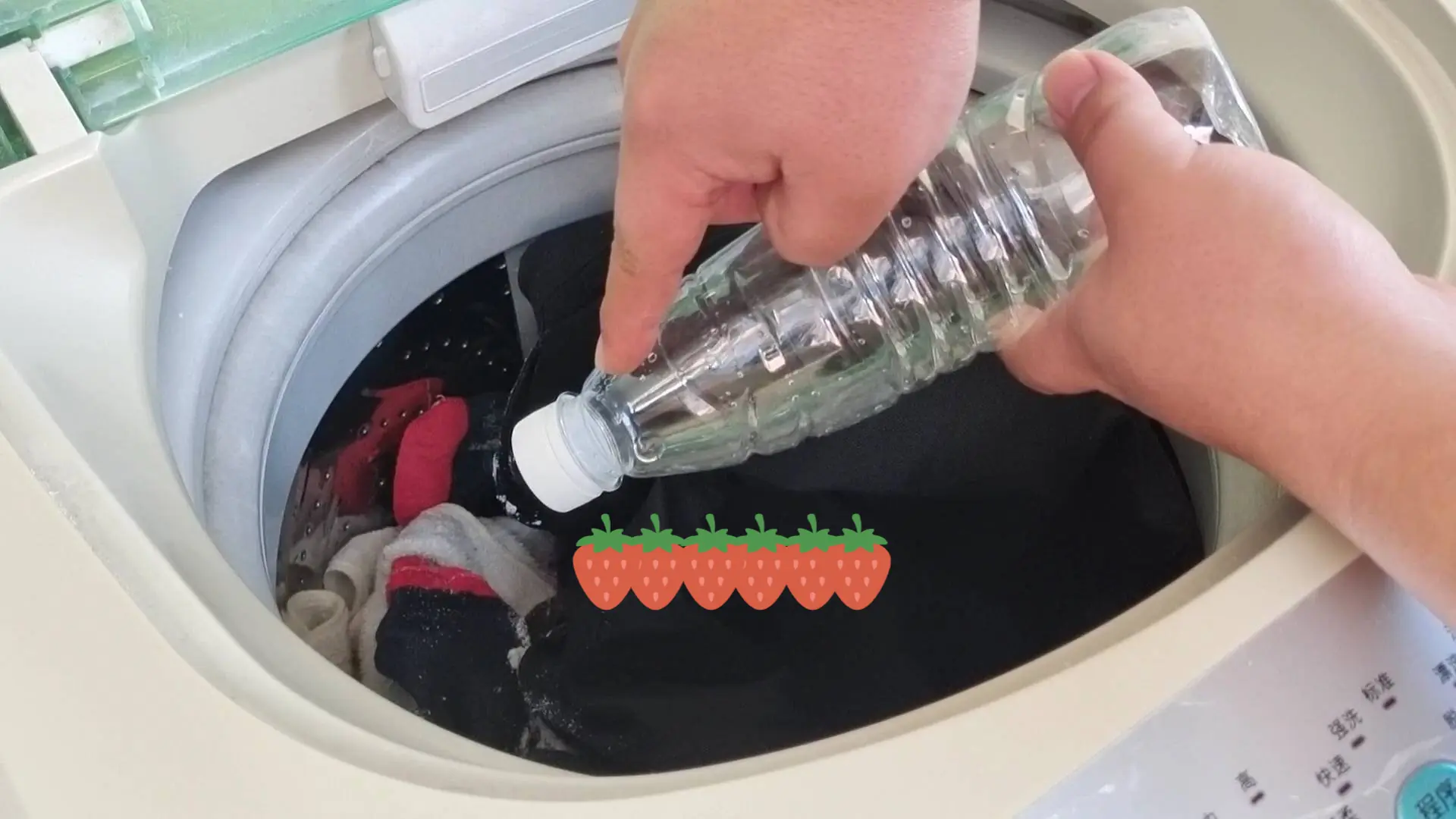
Put an empty plastic bottle in the washing machine — the person who invented this hack must have sky-high IQ
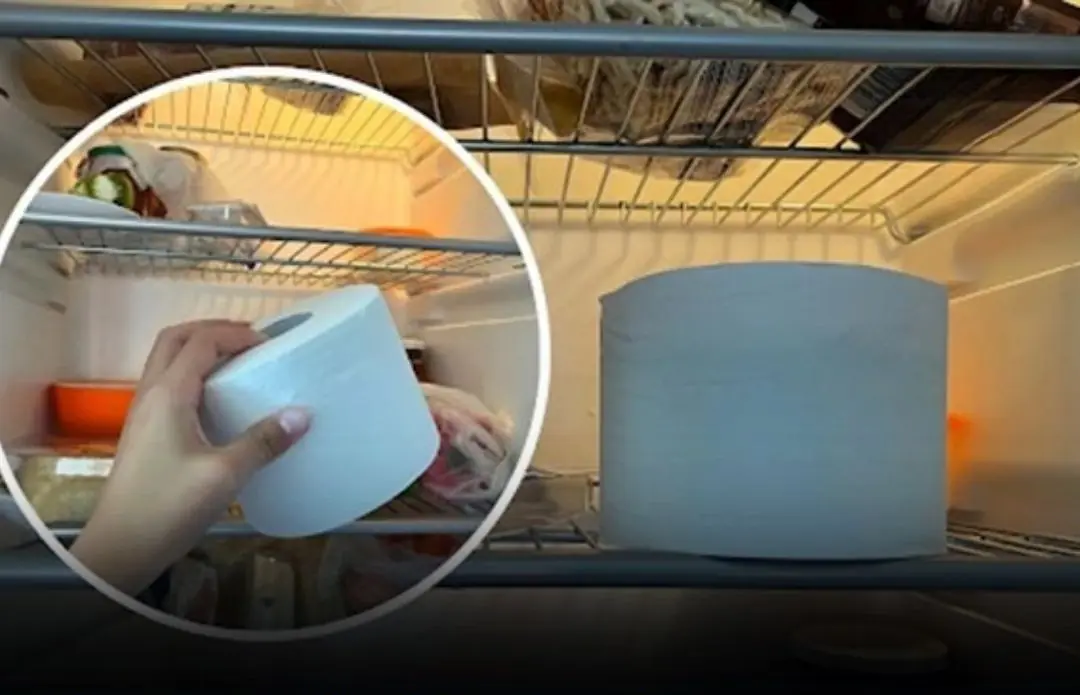
This Surprising Hack Could Save You Thousands

Warm Water Each Morning Can Be a ‘Healing Tonic’—But It Turns into ‘Toxic Water’ If You Drink It in These 3 Harmful Ways

5 Surprising Changes That Happen to Your Body When You Drink Warm Lemon Water Every Morning

Snakes are very afraid of the smell of these 3 plants

When bitt.en by a snake, you should do these things first

There is a “secret button” on your washing machine — pressing it once can cut your electricity bill by 62%

The Phone’s Volume Buttons Have 6 Hidden Functions — Extremely Practical! Not Knowing Them Is Truly a Waste!

Amazing functions that many people don’t know about

3 fast and reliable methods to defrost fish safely and keep it ready for perfect cooking

7 powerful scents that repel snakes and keep your home safe
News Post

Stop Putting Lemons Straight Into the Fridge: Use This Simple Trick to Keep Them Fresh for Up to a Year

The day a nanny uncovered the truth behind a billionaire family’s mystery illness

Why do flight attendants usually go to a hotel instead of going home after the plane lands?

5 times you should never take a shower, no matter how di.rty you are

5 Warning Signs Your Body May Be Showing You About Colon Cancer
How many eggs per week are healthy for your body?

Crispy Potato Rösti with Smoked Salmon & Herbed Cream

Creamy Cajun Chicken Pasta

Creamy Chicken Stuffed Puff Pastry

6 Types of Warts (Signs, Symptoms, Home Remedies, and Treatment)

Naso.phary.ngeal can.cer: The quiet dis.ease you shouldn’t ignore - signs, risks and how to protect yourself
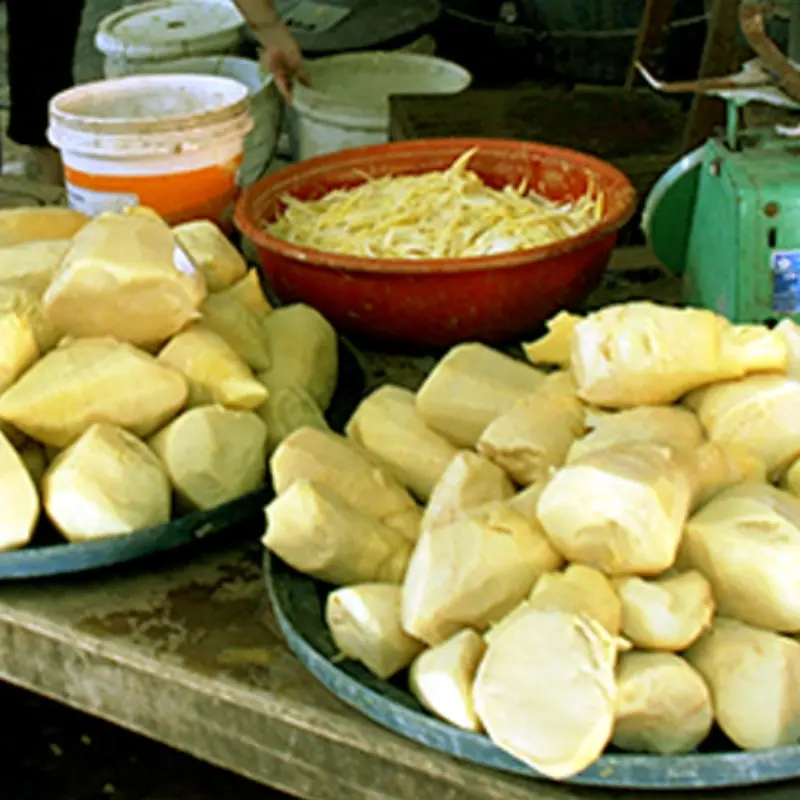
Five Fruits Often Labeled “Can.cer-Causing”: What Doctors Say and the Truth Behind the Warning

Doctors Reveal That Eating Okra May Cause Unexpected Effects Many People Don’t Know About

Why Do Japanese People Wear Socks to Sleep — No Matter the Season?
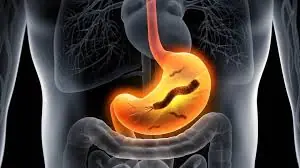
Doctors Warn: Dangerous Eating Habits Behind Painful Stomach Ulcers

High Blood Pressure and High Cholesterol? Avoid These 3 Things Every Morning to Protect Your Health

Your feet are a "b.lo.o.d sugar meter" beware of diabetes if you frequently experience these 12 symptoms
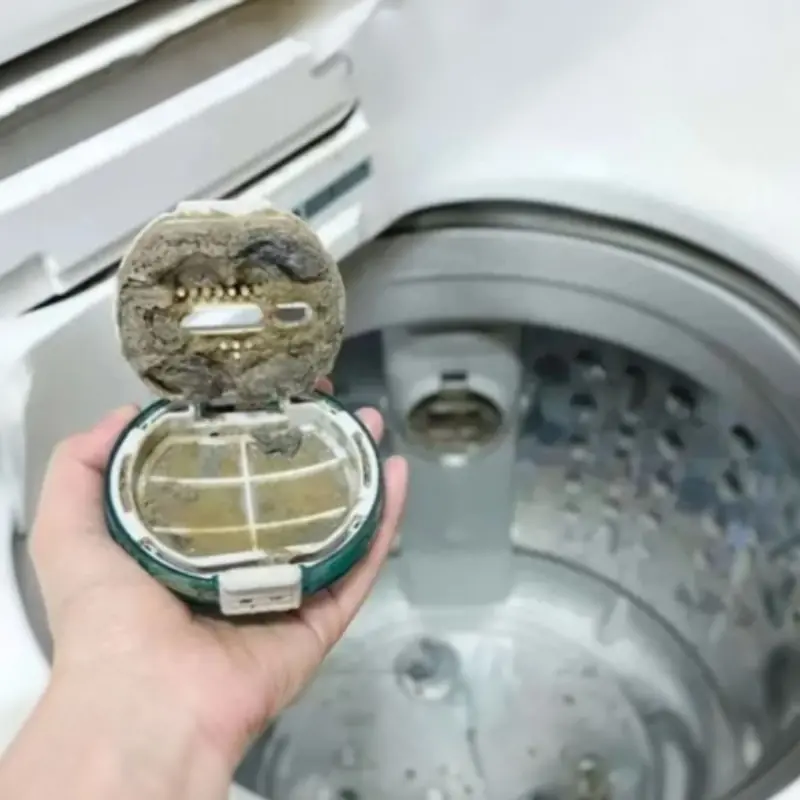
There Is a Small Part Inside Your Washing Machine Open It Once a Month to Keep the Drum Clean and Your Clothes Smelling Fresh
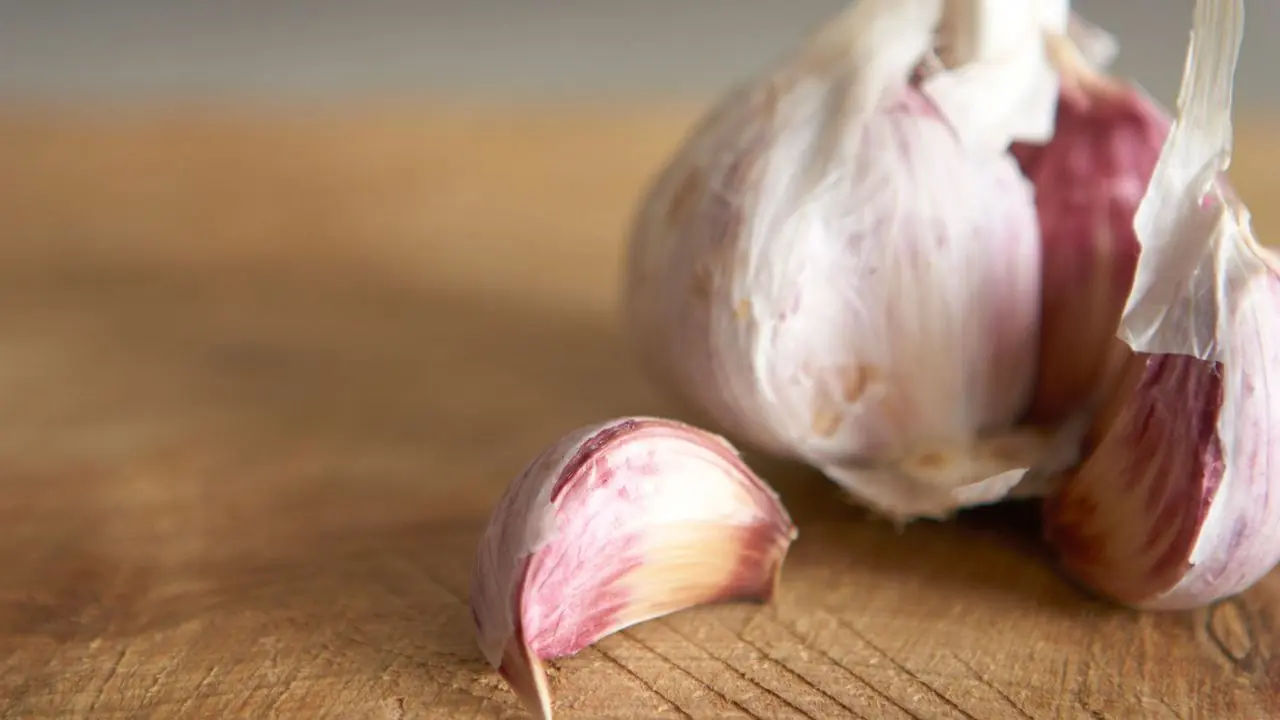
Here’s Exactly What Happens to Your Body When You Eat Garlic Every Day
